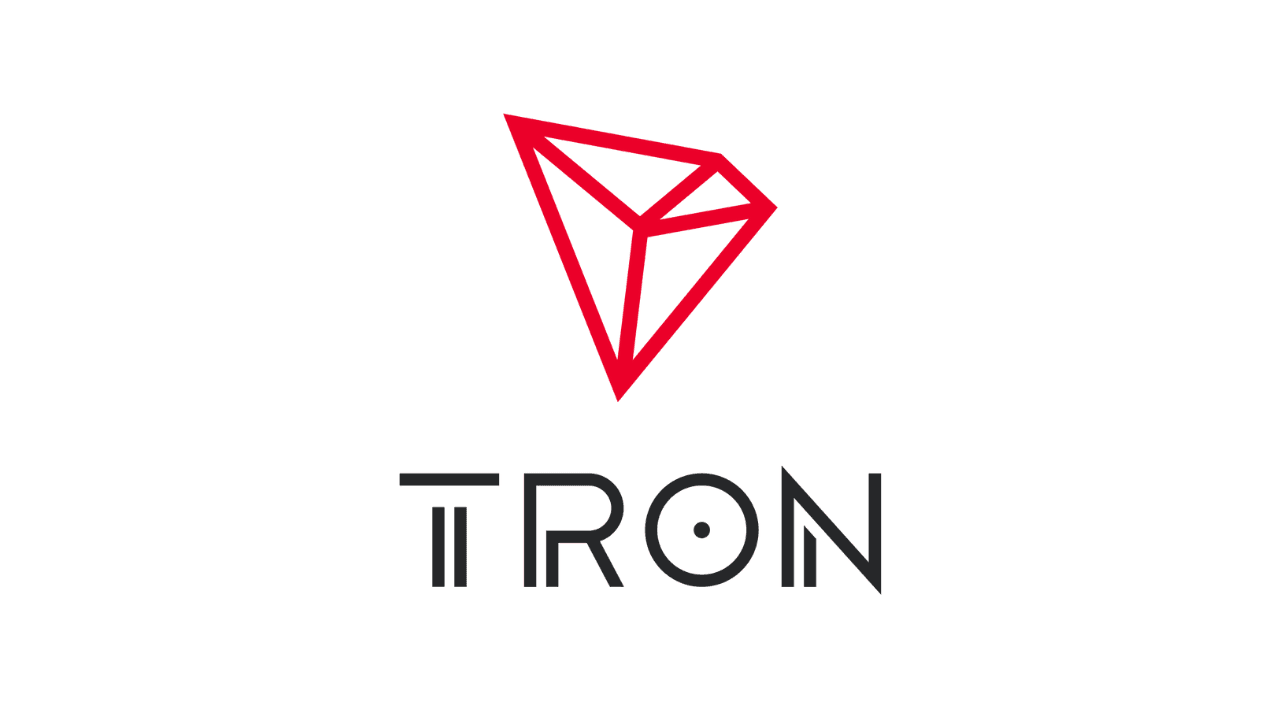ETFs vs Mutual Funds, which one is better? Exchange-traded funds and mutual funds are the top choices of the majority of investors due to their diversified structure with less risk exposure. Distinct from individual stocks or bonds, these funds are composed of a collection of securities. However, significant differences also exist between them, leading to the debate about which one is better.
If you want to decide which investment product is most suitable for you, read this article to learn about the primary similarities and differences between ETFs and mutual funds. But first, let us look at them individually.
Table of Contents
ToggleWhat is an exchange-traded fund?
ETFs are specialized investment products structured to closely track the pricing of an underlying index or a pool of securities. Like regular stocks, they are publicly traded on stock exchanges with fluctuating prices throughout a trading day. These passively managed funds are primarily famous for their low expense ratios, tax efficiency, and enhanced transparency. Moreover, they are easier to trade and available in an extensive variety, including market ETFs, commodity ETFs, industry ETFs, Inverse ETFs, and so on.
What is a mutual fund?
A mutual fund is a financial vehicle that invests the money collected from several investors in multiple securities like stocks, bonds, and other assets. Mutual funds are actively managed by professional portfolio managers who endeavour to produce significant capital gains and beat the returns of underlying assets. Resultantly, the majority of mutual funds charge high fees and, in some cases, sales commissions as well. Moreover, mutual funds orders are only completed once per day on the closure of markets at a fixed price (NAV).
Similarities between ETF and mutual fund
Now have a look at the fundamental similarities between these two types of funds.
Basket of securities
As previously discussed, both mutual funds and ETFs are a basket or collection of financial products, such as stocks, commodities, or bonds.
Diversification
Both mutual funds and ETFs offer considerably more diversification than individual securities, helping to create a well-balanced portfolio. Further, with these funds, investors can access a large variety of industries, market categories, and asset types.
Low risk
As these funds incorporate tens or hundreds of securities, the consequent risk is neutralized. Even if one or two stocks perform poorly, there is a high chance that some others would perform better, minimizing the overall adverse impact.
Key differences between ETF and mutual fund
Here, we have summarized the differences between these two investment products according to the following features:
Pricing and order completion procedure
Similar to stocks, ETFs are traded, bought, or sold on the stock exchanges, and their prices keep changing throughout the day. For ETFs, you can place orders at any time, and they will be immediately completed according to the current price. It means that the prices paid by investors at one time of a day will most probably differ from others who place orders at another time of the day.
In contrast, mutual fund orders are only fulfilled at the end of the trading day when a specific price of the respective fund gets determined. In other words, although orders can be placed at any time, they would only be executed at the end of the day, with all the investors paying the exact same price.
Active or passive management
Although both management categories can now be found in ETFs and mutual funds, most ETFs are passively managed, whereas most mutual funds are actively managed.
In actively managed mutual funds, a fund manager picks or removes the securities and makes all investing decisions. On the other hand, in a passively managed ETF, the fund is linked and pegged with an already present market index, like US30, delivering almost similar performance to its underlying benchmark.
Tax efficiency
Generally, ETFs are considered to be more tax-efficient than similarly designed mutual funds. It is because, compared to ETFs, actively managed mutual funds disclose capital gains more frequently and amplify the tax bill even for investors with an unrealized loss.
Fund expenses, returns, and commissions.
Overall, ETFs are known to be more cost-efficient than actively managed mutual funds. According to a bankrate study, passively managed funds perform better than active funds, which strive to outperform the market. Although some actively managed funds occasionally beat their underlying benchmark, it is difficult for them to keep up the performance over an extended period of time.
ETFs also shine in the “expense ratio and commission” domain as they are considered to be relatively low-cost funds compared to active mutual funds. Moreover, several brokerage platforms charge zero commissions on their ETF listings, but mutual funds are not exempted from the sales commissions.
However, that might not be the case for passively managed or index mutual funds, which incorporate lower expense ratios. Moreover, numerous reliable brokers also offer mutual funds with no trading commissions or extra costs.
Minimum investment
Mutual funds usually have a minimum investment amount ranging from $1000 to $3000 and more as they are not distributed in the form of shares but in a flat dollar amount. In contrast, ETFs have no such minimum limits as you can purchase their shares or fractional shares like stocks, priced as low as $10.
EFT or mutual fund: Which one is right for you?
ETFs and mutual funds are basically similarly designed as they are a basket of financial products. However, they also differ in various aspects that can make a substantial difference in your investment returns. On the whole, exchange-traded funds hold superiority over mutual funds in relation to fees, commissions, tax efficiency, and minimum investment limit.
Nonetheless, we have explained the conditions in which a particular investment product can be a good option for you.
ETFs can be right for you if:
- You prefer active trading, i.e. more control over your trades.
- You want to minimize your tax bills.
- You want to invest a lower amount.
- You prefer lower expense ratios and commissions.
- You intend to gain a cost-efficient exposure to multiple markets or specific markets without detailed research.
Mutual funds can be appropriate for you if:
- You are inclined to surpass the market results via active management.
- You want to invest in a less popular or less efficient market as active management can help out there.
- Its corresponding ETF have low liquidity, and high bid/ask spreads.
- You want to make automatic deposits and withdrawals regularly.
You may also like:
- 10 Best Forex Chart Patterns Every Trader Must Know
- Forex Risk Management: How to Manage Risk in Forex?
- What is Forex Trading and How Does it Work? – 5 Easy to Follow Steps













